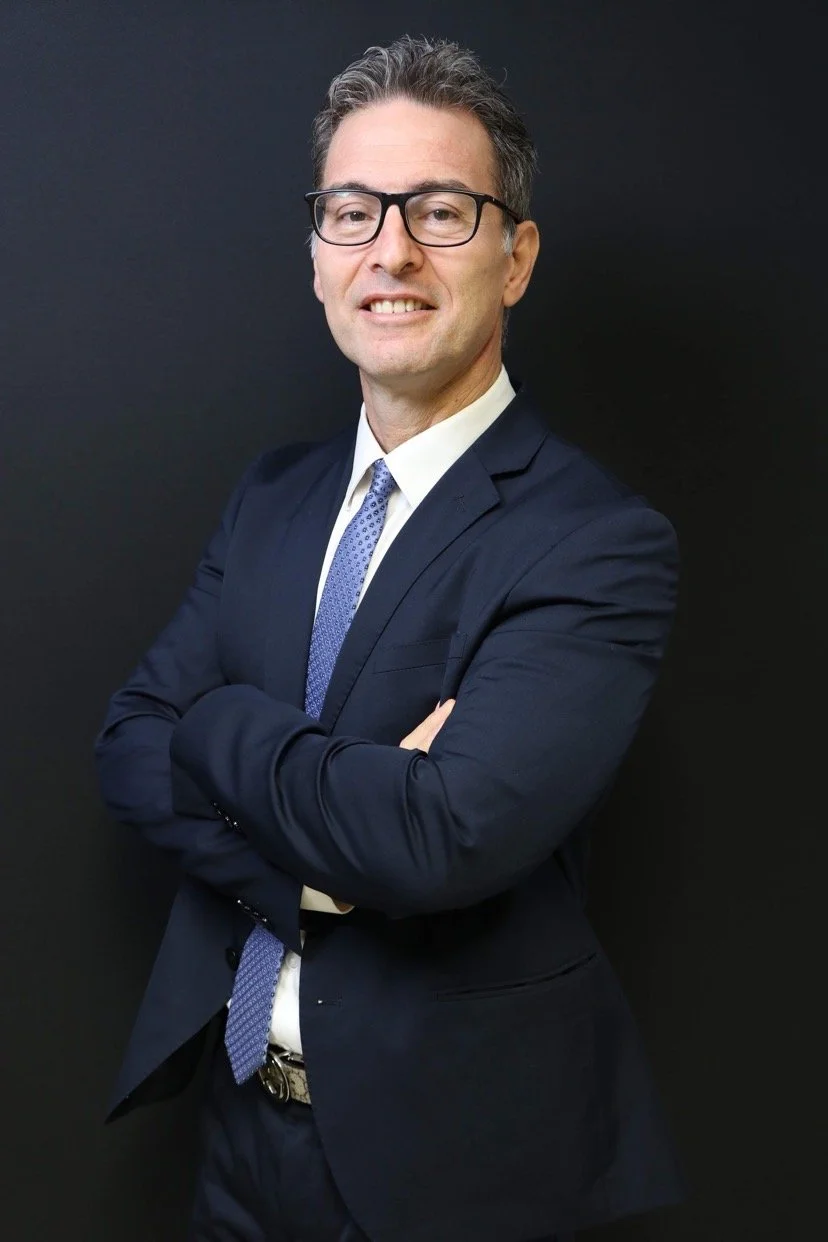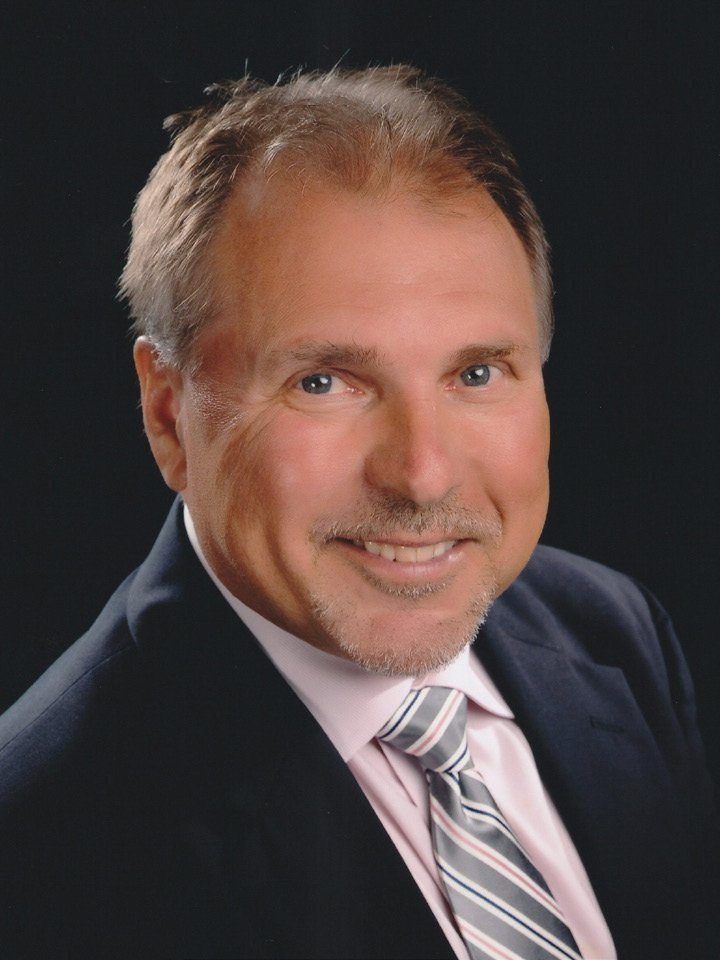Welcome! I want to introduce you to a unique, yearlong program our talented faculty is thrilled to offer again. We are striving to discover the ten to fifteen “students” who can benefit from this year’s full year advanced study session that has the rare combination of being academic, evidence based, and at the same time extremely practical. The small group learning environment has truly proven to be effective and enjoyable during our first year in 2023.
I urge you to acquaint yourself with the faculty! I am ecstatic to introduce you to them. They have all had a significant influence on my education in orofacial pain throughout the years, and to put them together on one faculty and have them so dedicated to this program is overwhelmingly exciting. Three of our faculty members have served as directors of orofacial pain residencies at excellent academic institutions. One is a full-time professor at a university as well as a distinguished author; one is the most well-read dentist I have ever met, and finally another, a longtime friend and colleague, and is President-Elect of the AACP. We have all made a commitment to a comprehensive program to be taught in an ideal learning environment. Our faculty members are not only knowledgeable, but they are also all excellent, experienced and dedicated TEACHERS.
A careful look at the program will reveal that there are FOUR two-day in person courses, eight full day virtual courses with review sessions following ALL of these courses. In addition, there are clinical support sessions, literature presentations, and case study reviews. Relevant literature will be provided for each course. All our communications,as well as literature and documents, will be available to you through our private social media network. As a graduate of our course, you will have continued access to this network for ongoing education and discussion of questions that you may have in the future. In fact, our past members will have full access to our virtual and live courses in future years at no fee — as long as the program continues
As you probably know, orofacial pain is the newest specialty of dentistry. There is no question that our population has been underserved when it comes to quality care in the field of orofacial pain and temporomandibular joints disorders. Both specialists and non-specialists can help substantial numbers of patients by providing quality care. Quality, ethical care demands a comprehensive history, relevant clinical examination, and appropriate diagnosis followed by conservative, reversible therapy when possible.
We have designed a program that is appropriate for the specialist and the non-specialist interested in providing quality care to their patients. We believe we have an ideal program for those who see the value in a practical yet evidenced based approach to the diagnosis and management of orofacial pain, headaches, and temporomandibular joint disorders.
I invite you to read the information provided on this site carefully. We hope you consider registering, and ask that if you have any questions, you do not hesitate to contact me directly. We are seeking to find those who can truly benefit from this program – and we hope you are one of them!
I am very proud to have Dr. Micah Sadigh on our faculty. Micah and I met years ago working at a hospital rehabillition program, and eventually Micah practiced in my office seeing many of my patients. Micah is loved by all of those who take our courses, as well as his undergratude students where he teaches psychology full time. Micah offered this evaluation of our course:
“When you study with Barry and his carefully chosen faculty, you join more than a study group; you become part of a family that cherishes education and the opportunity to offer quality care.”
All good; always is! Dr. Barry Glassman















